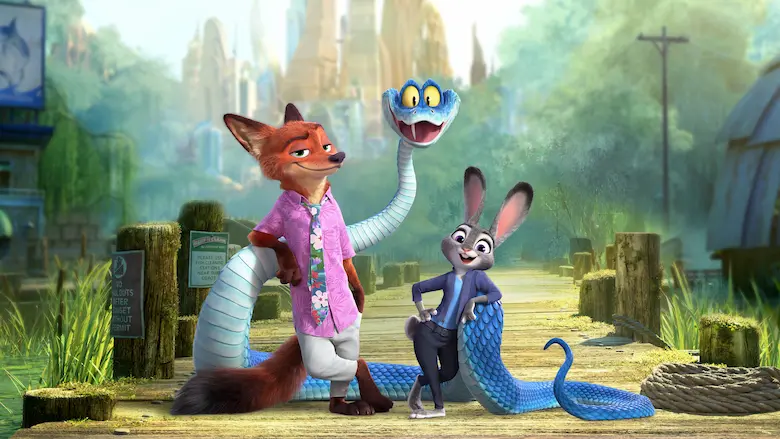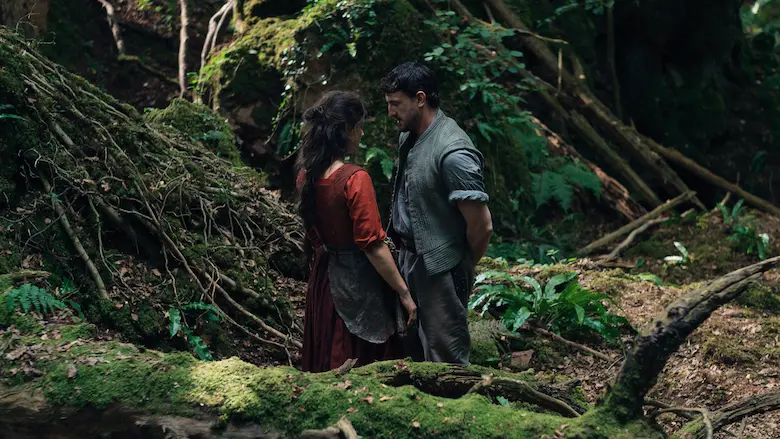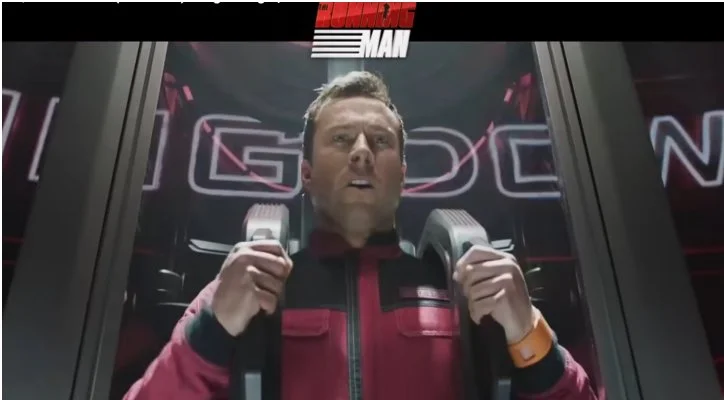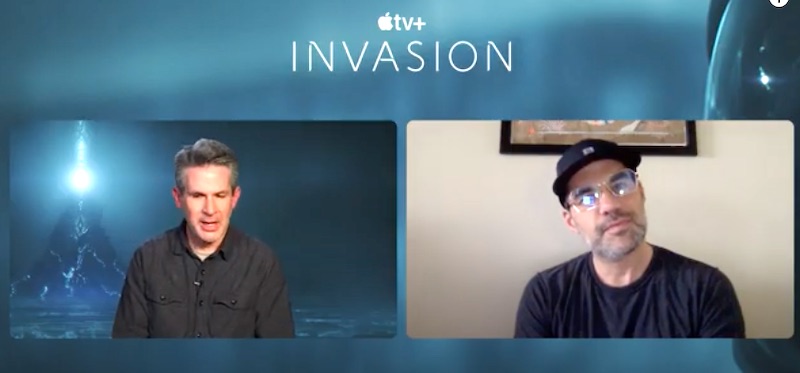Alien: Earth Review — A Haunting New Frontier for the Franchise

The Alien franchise made its first-ever television entry with Alien: Earth, expanding the series while staying grounded in its blend of dystopia, survival, horror, and unsettling creatures. Created by Noah Hawley, the series takes on new scenery rooted in Earth-based wreckage sites and isolated research facilities, yet retains the claustrophobic tensions that define the franchise with its origins in deep space.
We see performances all around that balance eerie detachment with emotional resonance. Sydney Chandler brings an ethereal, almost haunting quality to Wendy, a young cancer patient reborn as a hybrid—an adult synthetic body carrying her human consciousness. Chandler's performance captures the childlike wonder and disquieting inhumanity of the transformation, allowing for an effective portrayal that lies at the emotional core of the series.
Samuel Blenkin’s Boy Kavalier is a standout—a barefoot, diamond-mine-gleaming tech mogul whose smug arrogance rivals the most infamous cinematic corporate villains. Timothy Olyphant, nearly unrecognizable as the synthetic Kirsch, channels a cyberpunk menace with his bleach-blonde hair and calculated stoicism. Alex Lawther (Joe) infuses his medic role with vulnerability and determination, making his subplot with Wendy one of the show’s emotional anchors.
The plot weaves together the doomed voyage of the USCSS Maginot and Prodigy’s morally dubious hybrid experiment. The Maginot's crash on Earth creates a deadly scramble involving Weyland-Yutani, Prodigy, and the creatures they've unleashed. Episode 1 focuses on the hybrids program's inception and Wendy’s transformation to her new form, while Episode 2 shifts toward escalating action, where the alien threats, rescue teams, and corporate agendas collide.
Hawley’s direction style for the series heavily draws from Alien and Aliens, with slow-burning tension and dread-filled prologues before the frenetic bursts of violence. The affinity for atmospheric detail—dim corridors, humming machinery, and sudden silence—creates a world that feels charged with menace.
Cinematographer choices include lingering on alien silhouettes through smoke and framing faces half in shadow, all enhancing the camera work while evoking wonder and unease from viewers. A personal favorite is the party scene in Episode 2, where wine-stained gowns meet splattered gore, creating one of the visual storytelling highlights in the premiere.
While the plot sets the chessboard (who, what, where, when, and why), the blend of standout performances, worldbuilding, and stylistic control from Hawley all create an engrossing start. For fans of the franchise, it offers a new thrilling expansion of the series for a TV format.
Would I recommend it?
Overall, the series succeeds as an expansion of the Alien Universe. If you can handle moments with gore and jump scares, viewers will appreciate the slow-burning sci-fi horror series with philosophical undercurrents. The series promises a deeper exploration of humanity’s drive for control - over technology, nature, fatality, and life itself. If its opening chapters are any indication, Alien: Earth is poised to be both a worthy heir to the franchise and a bold new frontier in televised science fiction.
© All rights reserved
You Might Be Interested

Crime 101 review: a stylish and detailed heist film
Chris Hemsworth, Mark Ruffalo, & Halle Berry in a refined ode to classic crime thrillers that rewards your attention

Review of The Housemaid: Sydney Sweeney stars in new thriller
The Housemaid boasts shocking twists under a poker face, but shows its’ cards too early

Avatar: Fire and Ash review: James Cameron is back for box-office blood
The Oscar-winning filmmaker’s latest wrestles between mesmerizing optics and deep storytelling, tiring itself out.

Zootopia 2 review: Disney Animation’s sequel pushes visual boundaries
Proving the first film was no one-trick pony, Disney grabs the bull by the horns for a second amusing animal adventure
-Bufo-(credit)-Max-Smeds.jpg)
Review of Shadowland, the documentary about Richard Stanley
Directed by Otso Tiainen, in competition at the Torino Film Festival

Hamnet review: Metamorphosis in the life of Shakespeare, with Paul Mescal, Jessie Buckley
To be or not to be; director Chloé Zhao answers yes with the story that conceived Shakespeare's seminal Hamlet

Movie review Running Man
The film is a remake of the 1980s cult classic starring Schwarzenegger.

Now You See Me: Now You Don’t; The series’ latest struggles to spellbind
The next stage of the magical mavericks leans on humdrum hocus-pocus to pull Rabbit out a hat at the box-office



